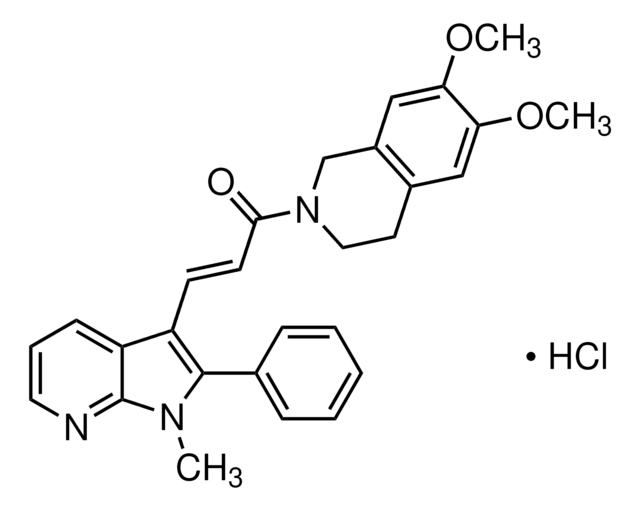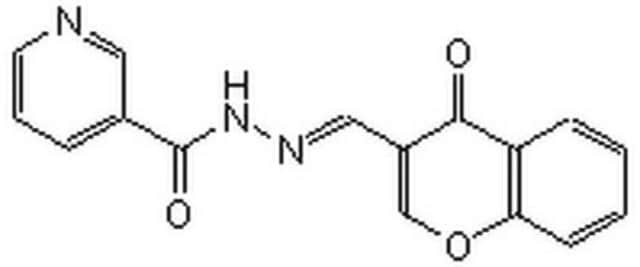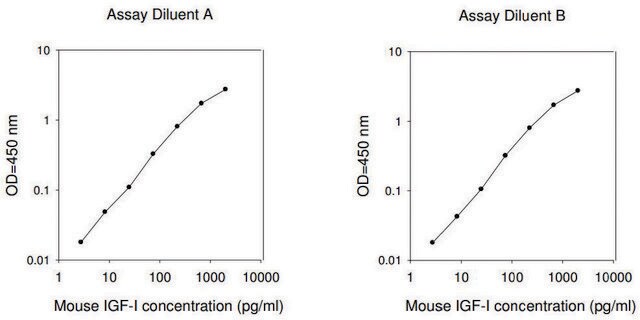566405
SIS3
≥90% (HPLC), solid, Smad3 inhibitor, Calbiochem®
Synonym(s):
Smad3 Inhibitor, SIS3, SIS3, 6,7-Dimethoxy-2-((2E)-3-(1-methyl-2-phenyl-1H-pyrrolo[2,3-b]pyridin-3-yl-prop-2-enoyl))-1,2,3,4-tetrahydroisoquinoline, Specific Inhibitor of Smad 3
About This Item
Recommended Products
product name
Smad3 Inhibitor, SIS3, Smad3 Inhibitor, SIS3, CAS 1009104-85-1, is a cell-permeable, selective inhibitor of TGF-β1-dependent Smad3 phosphorylation and Smad3-mediated signaling. Does not affect Smad2, MAPK, ERK, or PI3-K.
Quality Level
assay
≥90% (HPLC)
form
solid
manufacturer/tradename
Calbiochem®
storage condition
OK to freeze
protect from light
color
off-white
solubility
DMSO: 15 mg/mL
ethanol: 5 mg/mL
shipped in
ambient
storage temp.
2-8°C
InChI
1S/C28H27N3O3/c1-30-27(19-8-5-4-6-9-19)22(23-10-7-14-29-28(23)30)11-12-26(32)31-15-13-20-16-24(33-2)25(34-3)17-21(20)18-31/h4-12,14,16-17H,13,15,18H2,1-3H3
InChI key
IJYPHMXWKKKHGT-UHFFFAOYSA-N
Application
Biochem/physiol Actions
TGF-β1-dependent Smad3 phosphorylation and Smad3-mediated cellular signaling
Packaging
Warning
Reconstitution
Other Notes
Product does not compete with ATP.
Cell permeable: yes
Jinnin, M., et al. 2006. Mol. Pharmacol.69, 597.
Legal Information
Storage Class
11 - Combustible Solids
wgk_germany
WGK 1
flash_point_f
Not applicable
flash_point_c
Not applicable
Certificates of Analysis (COA)
Search for Certificates of Analysis (COA) by entering the products Lot/Batch Number. Lot and Batch Numbers can be found on a product’s label following the words ‘Lot’ or ‘Batch’.
Already Own This Product?
Find documentation for the products that you have recently purchased in the Document Library.
Customers Also Viewed
Our team of scientists has experience in all areas of research including Life Science, Material Science, Chemical Synthesis, Chromatography, Analytical and many others.
Contact Technical Service











